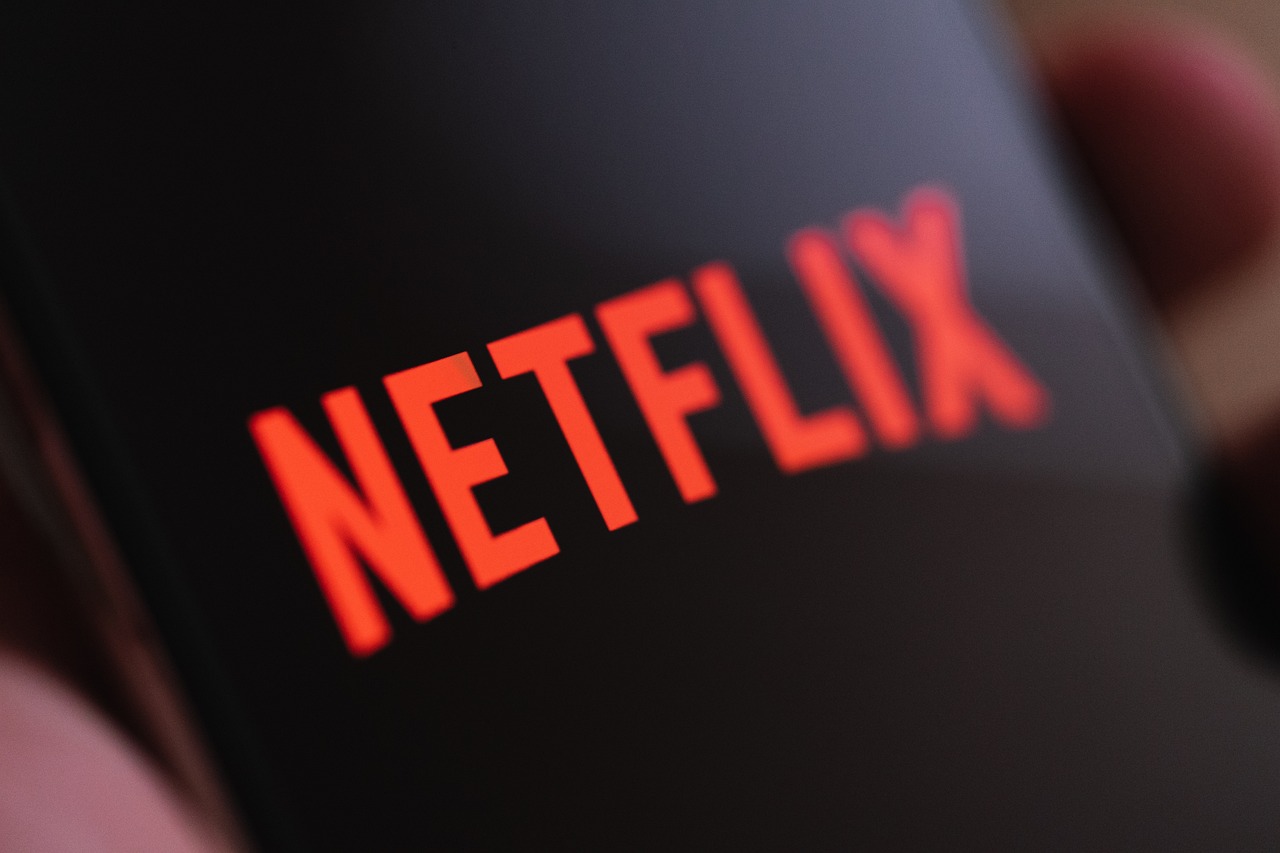This is according to the new Deloitte Digital Consumer Trends survey published by the consulting and technology company Deloitte, which annually maps the behaviour of more than 36,000 people from four continents and 21 countries, including 1,000 respondents from the Czech Republic.
Last year, 29 per cent of Czechs aged 18 to 65 subscribed or renewed their subscription to a video streaming service. The main reason for cancelling subscriptions in the Czech Republic last year, like the year before, was low usage of the streaming service, cited as the main reason by 30 percent of respondents. Other reasons included the price being too high (21%) or people's rising costs in other areas (18%).
Most Czechs share their subscriptions, even though doing so may violate the terms of use. At least 36 per cent of subscribers share at least one of the three most used video streaming services outside their household, and six per cent of respondents additionally said they shared access to their account with three or more households.
"As the prices of SVOD services have increased over the years, consumers have begun to behave in ways that are most beneficial to them. As a result, many do not see account sharing as a problem. Some streaming platforms are starting to combat this trend by, for example, requiring subscribers to connect from the same wi-fi, making it more difficult for other households to use the account. Going forward, I expect platforms to act even more forcefully against account sharing, but at the same time offer, for example, a discount for sharing subscriptions with other parties,"
says Jan Kudlák, a telecoms expert at Deloitte in the Czech Republic.
The same topic was also covered in another part of the survey, which asked respondents how they would behave in the event of a ban on account sharing. Most of them (38%) would choose to pay extra for sharing, but the price would have to be less than full. In the case of a ban on sharing, people could also imagine a subscription for the same amount but with ads. Conversely, people are least open to creating an additional account for the full subscription price if sharing is banned.
"I expect streaming companies to charge more for premium content this year, combat subscriber churn by offering longer subscription periods and try to meet the demand of those consumers who are focused on bargain pricing, for example by using multiple tiers of pricing offers to try to increase their profitability,"
predicts the leader of the TMT group at Deloitte, which helps with strategy and technology transformation for Europe's largest telecoms firms.
Another of the survey's questions concerned music streaming services. Of respondents aged 18 to 65, 24 percent subscribe to music. It is most prevalent (53 per cent) in the youngest group of 18 to 24 year olds, where around one in two people use paid music platforms. In contrast, the lowest coverage is in the 55 to 65 age group, where it is just ten per cent. "The youngest respondents to our new survey grew up in the era of Spotify and Apple Music music platforms. So they haven't experienced a world without streaming music, which is the obvious and most convenient for them," Kudlak adds, noting that he expects a continued decline in the consumer audio market this year and an even bigger shift to seeking out non-music formats such as podcasts or audiobooks.
Source: mam.cz

